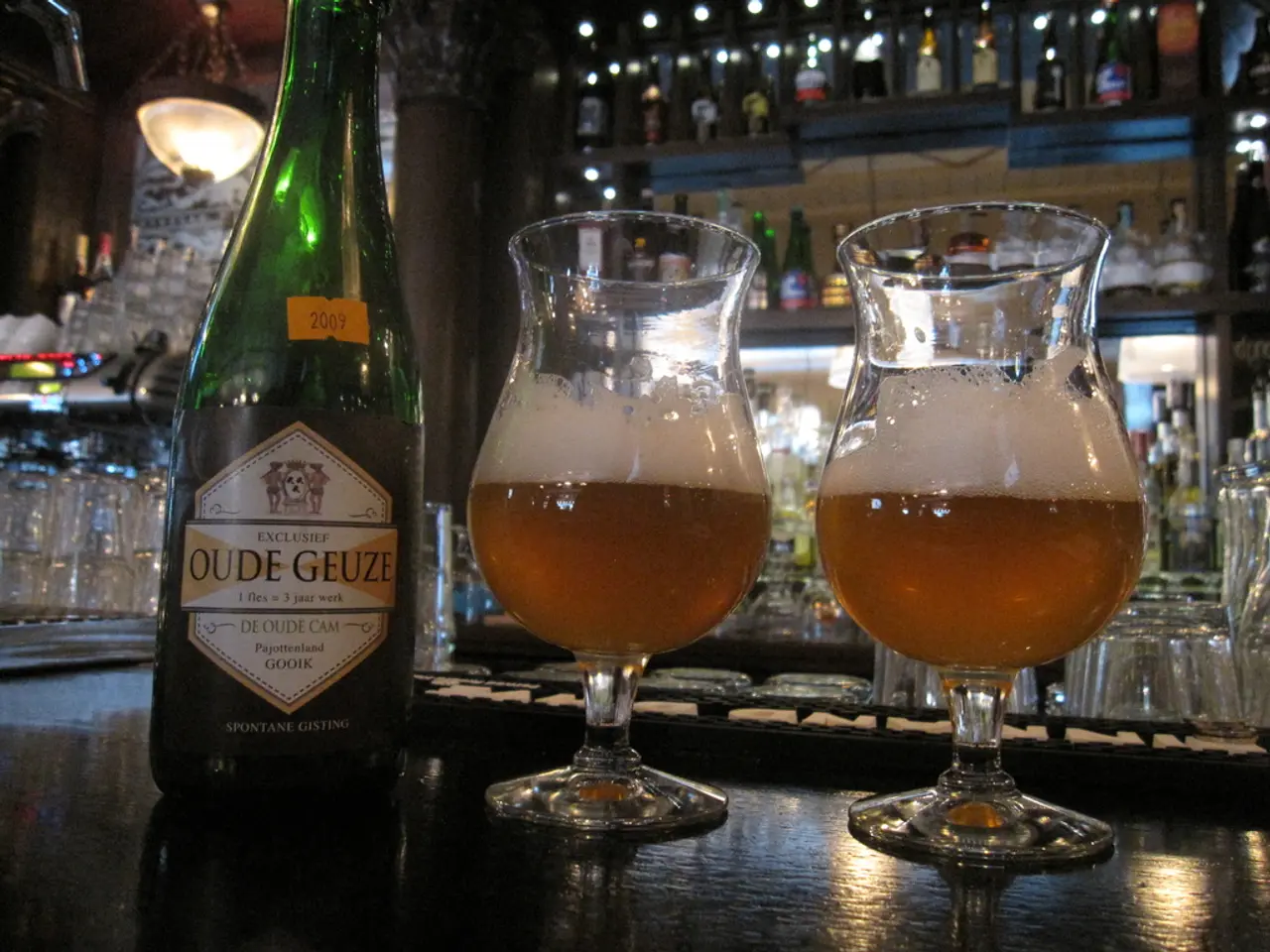A UK resident accused of carrying out a $99 million warped scheme within the wine industry.
In a chilling reminder of the dangers lurking in the world of investment, the FBI has accused James Wellesley and Stephen Burton of operating a $99 million Ponzi scheme in the wine investment sector between June 2017 and February 2019. The alleged fraud, which targeted investors at conferences both in the US and abroad, has left a trail of cautionary tales for potential investors.
One of the red flags that should have raised suspicions was the promise of secured, high returns with guaranteed interest. Wellesley and Burton claimed that loans were fully collateralized by valuable wine collections and promised regular interest payments. However, the FBI claims there were no loans, and the accused duo held no valuable wine collections as collateral for the non-existent loans.
Another warning sign was the lack of transparency on assets. Genuine wine investment schemes usually provide clear documentation and custody details of the wine assets. Fraudsters often cannot verify the existence or provenance of the wine, as seen when Bordeaux Cellars, the company allegedly used by Wellesley and Burton, could not produce the supposed wine collateral.
The scam also involved overly complex or opaque loan arrangements and pressure to invest quickly or attend exclusive investor conferences. The accused solicited investors in New York and at investor conferences overseas, tactics common in fraudulent schemes to create urgency and legitimacy.
Unrealistic or too-good-to-be-true returns were also a red flag. If the promised yields far exceed market norms without commensurate risk, this is a warning sign. Moreover, investors should insist on independent audits and custody arrangements for the wine to ensure assets exist and are protected.
It's important to note that the wine investment sector has vulnerabilities, including previous scams involving counterfeit bottles or misrepresented provenance. Therefore, it's crucial for investors to do thorough research and due diligence before investing in any opportunity.
Bordeaux Cellars was not registered with the SEC, another red flag. If the investment company is not registered with relevant financial authorities or lacks credible background checks, it's a sign of potential danger.
If convicted, both Wellesley and Burton face prison sentences of up to 20 years. The FBI investigation led to the charges against Burton and Wellesley, with Burton being arrested in Morocco in 2023 and extradited to the United States, and Wellesley being arrested in the UK and extradited to the United States in early July 2025.
Neither James Wellesley nor Stephen Burton had experience in wine finance, which further underscores the importance of due diligence. Some early investors received payments, but these were from funds obtained from more recent victims of the scam (typical in a Ponzi scheme).
In summary, vigilance about verifying the existence of wine assets, scrutinizing promises of guaranteed returns, and demanding clear, independent documentation are key to avoiding Ponzi-like wine investment scams. If an investment opportunity seems too good to be true, it probably is. Always do your homework and protect your hard-earned money.
In the realm of finance and business, where general-news and crime-and-justice often intersect, James Wellesley and Stephen Burton, with no prior experience in wine finance, were accused of masterminding a $99 million Ponzi scheme in the wine investment sector. Their scheme, involving a loan scam, wire fraud, and money laundering, promised secured, high returns with guaranteed interest, yet lacked transparency on assets and could not verify the existence or provenance of the wine. This serves as a cautionary tale for potential investors, highlighting the importance of due diligence and independent verification when investigating investment opportunities in the finance sector.




